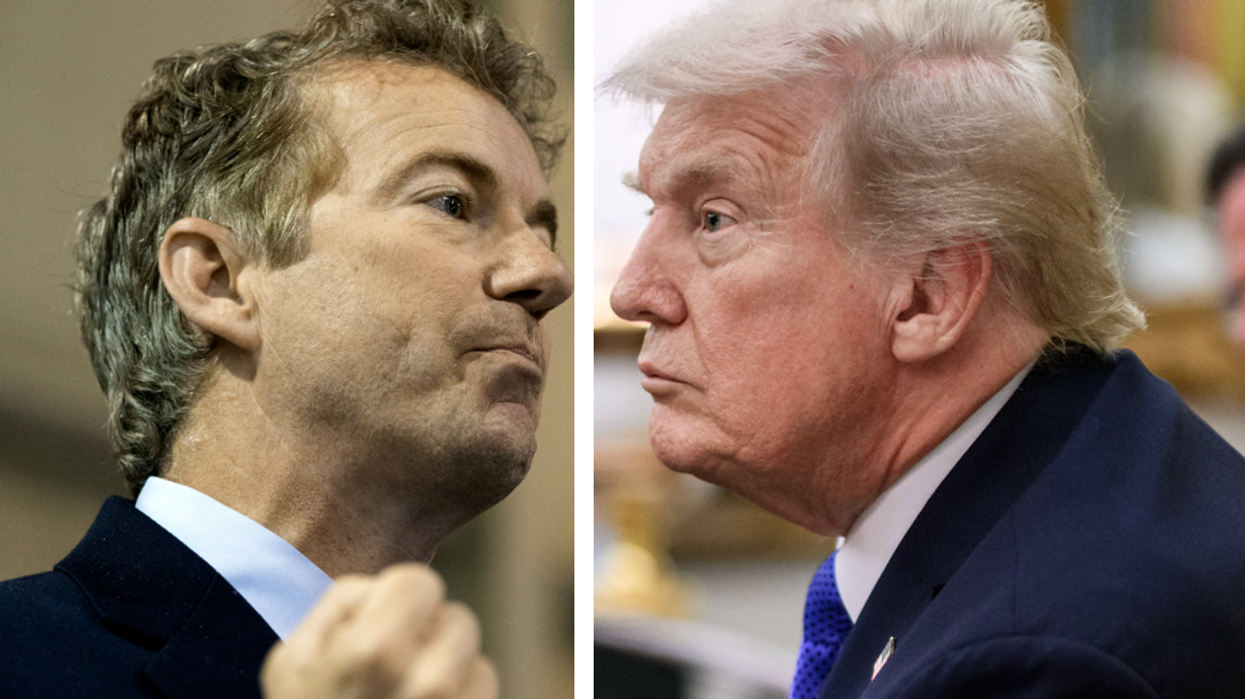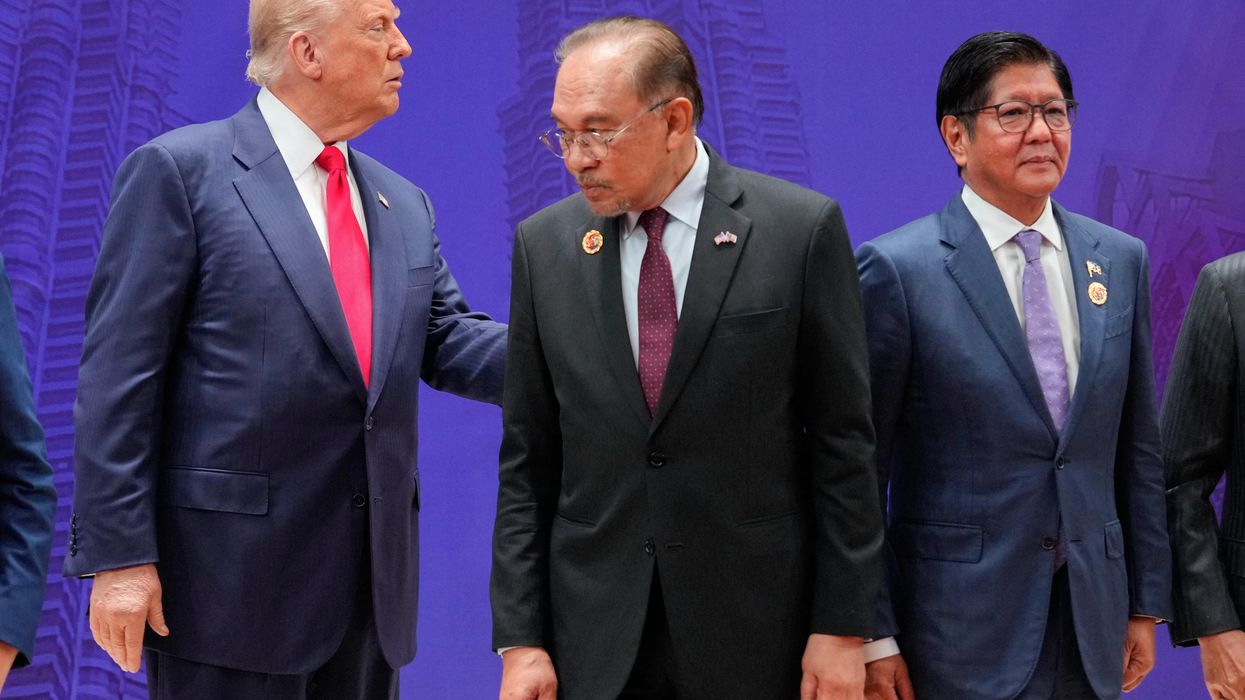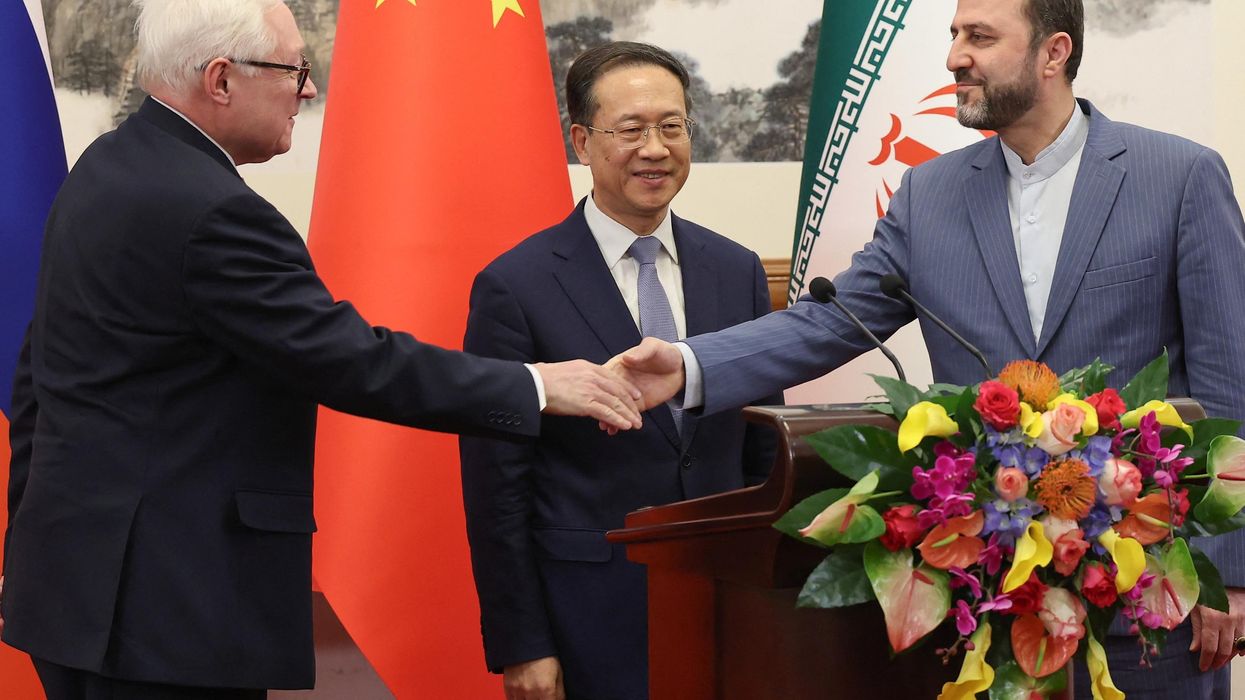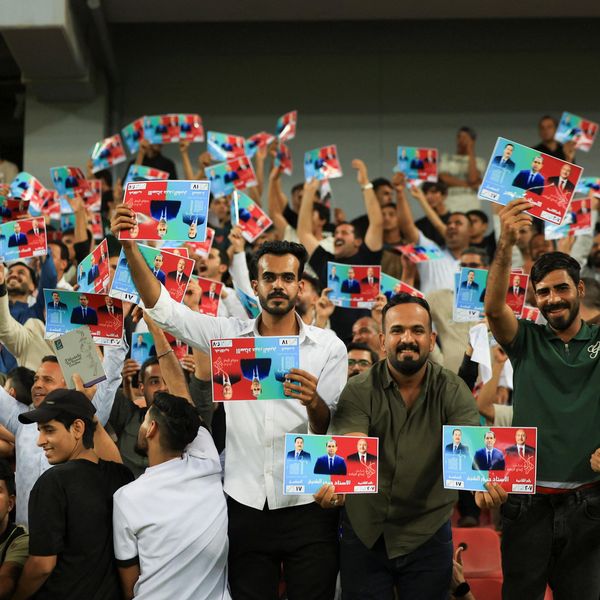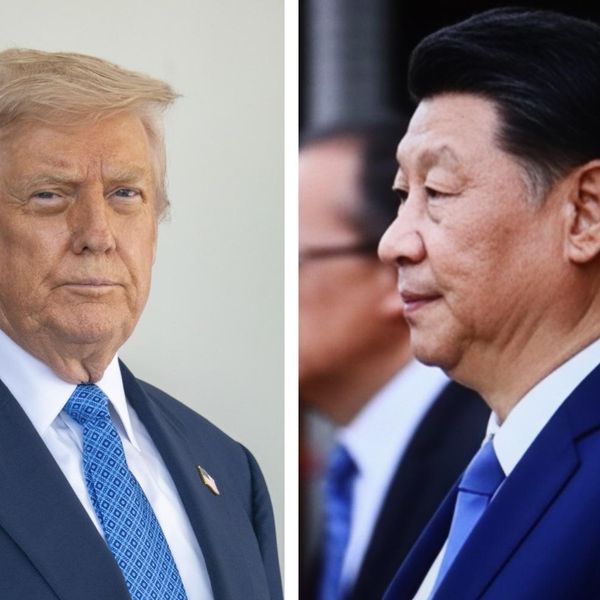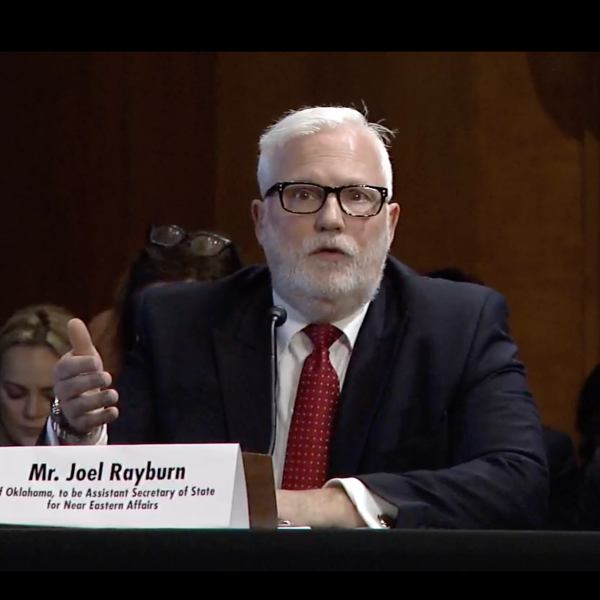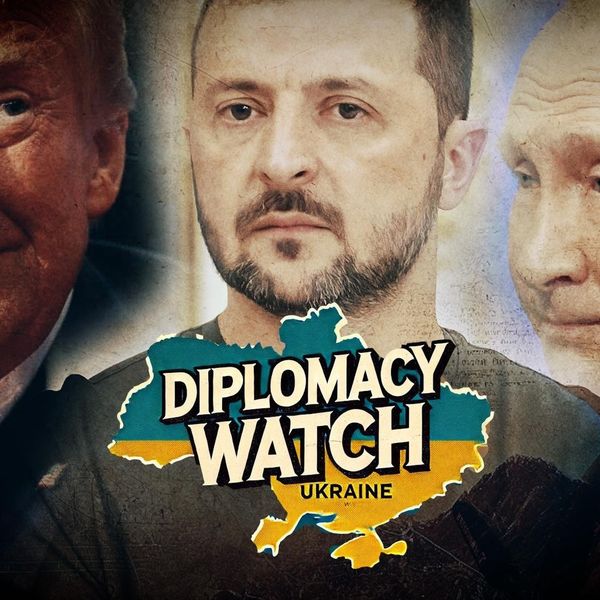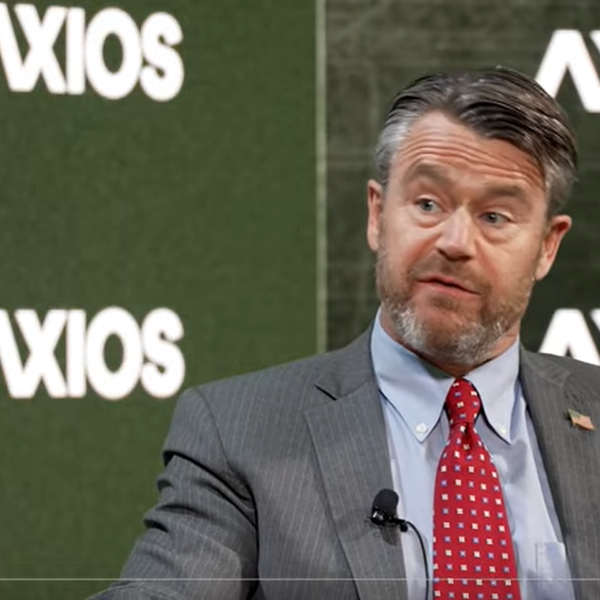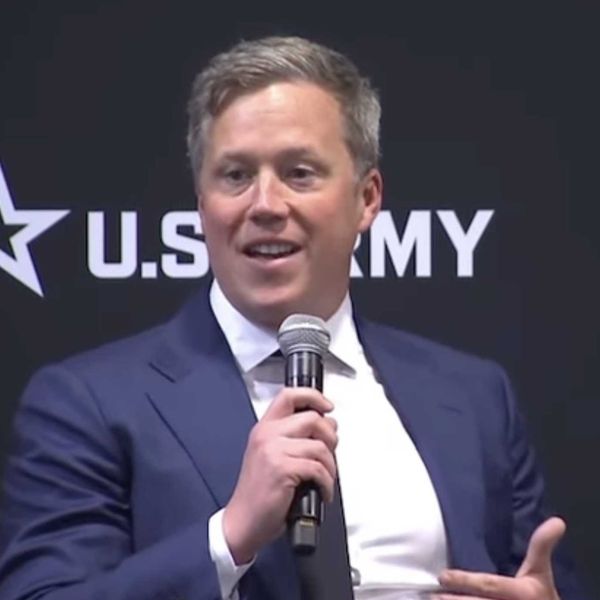House Minority Leader Kevin McCarthy raised eyebrows in October when he said there would be no “blank check” for Ukraine if Republicans won control of Congress.
Now on the cusp of becoming speaker of the House, it raises questions about whether even a single GOP-controlled chamber would mean checks and balances on President Joe Biden’s Ukraine policy in a way that did not exist with the Democrats in charge on Capitol Hill.
McCarthy was engaging in political analysis as much as he was stating a position. The California Republican’s views on Russia-Ukraine, and foreign policy in general, are fairly conventional by Beltway standards. “I think people are gonna be sitting in a recession and they’re not going to write a blank check to Ukraine,” McCarthy told Punchbowl News. “They just won’t do it. … It’s not a free blank check.”
“I think Ukraine is very important,” McCarthy subsequently clarified. “I support making sure that we move forward to defeat Russia in that program.” Then came the caveat: “But there should be no blank check on anything. We are $31 trillion in debt.”
Republicans are poised to have a big moment on Tuesday. History and Biden’s job approval ratings always suggested Republicans would do well in the midterms. The late polling, if accurate, indicates that it could be as close to a blow-out as is possible in the current climate of polarization.
The GOP knows that inflation is the main reason the party is so well positioned. They will want to restrain federal spending. Foreign aid is always a much more politically attractive target than the much larger entitlement programs. Biden has largely ignored McCarthy’s Ukraine comment and focused on things Florida Republican Sen. Rick Scott and Wisconsin Republican Sen. Ron Johnson have said about Social Security and Medicare. Biden mostly references the war to blame it for inflation or gas prices, “Putin’s price hike.”
But this does come against the backdrop of a brewing Republican fight on foreign policy. Ascendant populist and nationalist lawmakers in the “America First” mold have joined the small libertarian wing of the party in questioning interventionism. Then there are also opportunities for opposition to whatever Biden is doing, and on Ukraine he can be simultaneously attacked for being too hawkish or too dovish.
Then there is the electorate’s attitudes. Morning Consult polling finds that most don’t think it is the United States’ responsibility to defend Ukraine from Russia and only 33 percent consider it important to their midterm vote. This is especially acute among Republicans. The Wall Street Journal’s polls find the share of GOP voters who think we’re doing too much for Ukraine has exploded from 6 percent in March to 48 percent today.
The Senate remains more in play than the House, with some six races within the margin of error and others potentially shifting. The chamber is currently split 50-50. Hillbilly Elegy author J.D. Vance is the Republican nominee in Ohio and venture capitalist Blake Masters is the GOP standard-bearer in Arizona. Both are Peter Thiel-aligned skeptics of deepening U.S. involvement in the war and America First advocates. If elected, they could form a vocal caucus of aid doubters alongside Kentucky Republican Sen. Rand Paul and Missouri Republican Sen. Josh Hawley.
Still, an overwhelming majority of lawmakers in both parties voted for the $40 billion aid package earlier this year. This includes the entirety of the GOP leadership. Even some of the Republicans who voted no objected more to the package’s size, amount of unrelated spending, lack of offsetting spending cuts or what they regarded as insufficient oversight than the risks of proxy war with Russia or the suitability of Ukraine for such a major American taxpayer commitment.
“Russia continues escalating attacks on Ukraine’s civilians and energy infrastructure,” Senate Republican Leader Mitch McConnell said in a statement shortly after McCarthy made his “blank check” comments. “The lessons for us are clear. The Biden Administration and Ukraine’s friends across the globe must be quicker and more proactive to get Ukraine the aid they need.” McConnell added: “It is in America’s core national security interest to make it clear that revisionist states such as Russia or China cannot simply gobble up smaller neighbors.”
Yet even if not all Republicans think Biden is doing too much in Ukraine, and a large subset of GOP critics of his policy want him to do much more, serious opponents of greater U.S. involvement are overwhelmingly Republican. Not a single Democrat voted against the $40 billion package, something that would have been unthinkable during Kosovo and Libya under past Democratic presidents.
The lack of antiwar Left pushback against Biden’s policy was evident in the quick withdrawal of the Congressional Progressive Caucus letter nudging the president toward diplomacy. Liberal views of Russian President Vladimir Putin hardened after his interference in the 2016 presidential election. Some of the walkback reflected a fear of weakening Biden before a difficult election; there was also genuine consternation over Russia’s targeting of civilians.
But the proximity to McCarthy’s comments and progressives not wanting to be associated with the populist Right on Russia-Ukraine was also not a trivial factor. Former President Donald Trump broke the neoconservative hegemony over GOP foreign policy without replacing it with anything, consigning onetime conservative movement gatekeepers and tone-policers like Bill Kristol and David Frum to the outskirts of the Democratic Party.
At the same time, Trump also to some extent broke Left-Right cooperation on foreign policy restraint. If it was difficult for some progressives to work with Pat Buchanan and Ron Paul, it is doubly so when the conservative “doves” are Tucker Carlson and Georgia Republican Rep. Marjorie Taylor Greene.
Much of Washington still believes we have degraded Russia’s military forces without American troops at a relatively low cost, and Kyiv has yet to fall. The questions now surround the human toll in Ukraine of prolonging the war indefinitely, and the nuclear risk of a desperate Putin.
Standard GOP anti-spending politics, plus an infusion of new Trumpian Republicans in Washington after Tuesday’s election may lead to those questions finally being asked, even if by unlikely sources.
Join the Quincy Institute for Responsible Statecraft and special guests in an online post-election discussion on what new GOP power dynamics in Congress may mean for Ukraine policy on Thursday Nov. 10 at noon. Information and link here.

